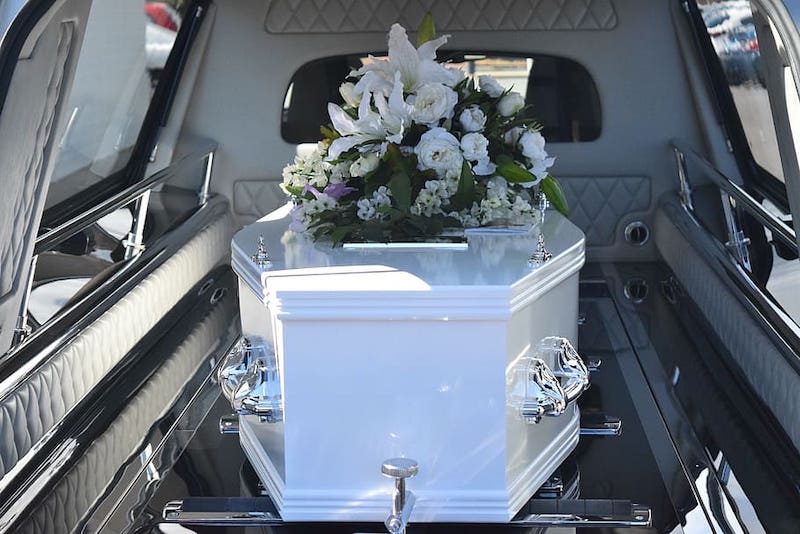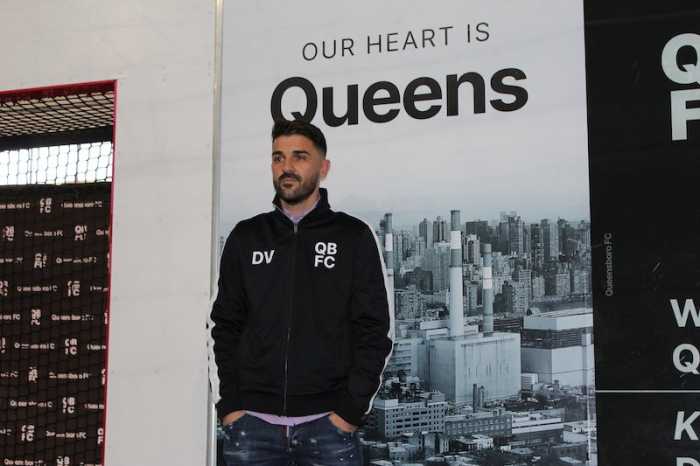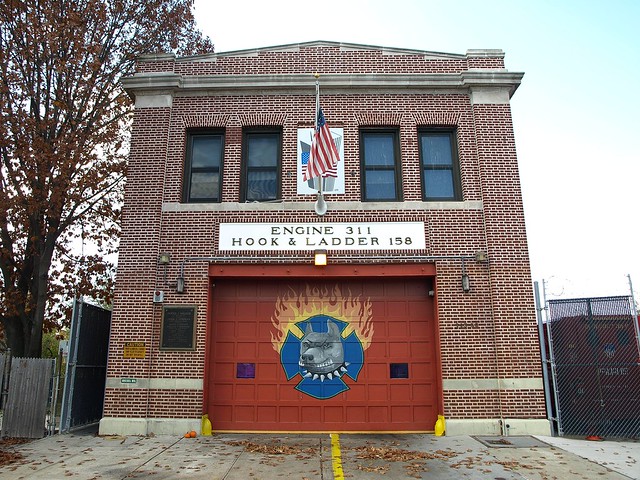The city’s Department of Social Services (DSS) in conjunction with the Human Resources Administration (HRA) and the Office of Burial Services (OBS) issued an emergency rule last week increasing funds to address funeral poverty among low-income New Yorkers that need help with the burial processes, payments, and rites.
They’ve also focused heavily on making the application process more online and efficient.
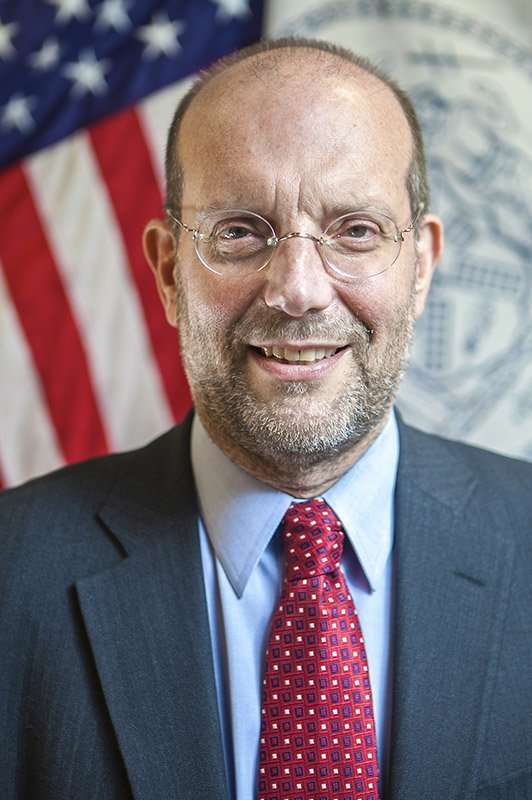
“The state has said funerals are essential services,” said DSS Commissioner Steve Banks, in a virtual press conference last Thursday. “We expect folks to adhere to social distancing and advise families, keep funerals small as possible, immediate family if possible.”
The office increased the financial allowance for funeral expenses, such as burial, cremation or burying of cremation ashes, from $900 to $1,700 and raised the cap on burial costs from $1,700 to $3,400.
OBS may request certain documents to determine eligibility but does not track immigration status for services. At the behest of city officials, the burial assistance program is getting a boost to reach more low-income New Yorkers and immigrant communities struggling with navigating this complicated system during COVID-19.
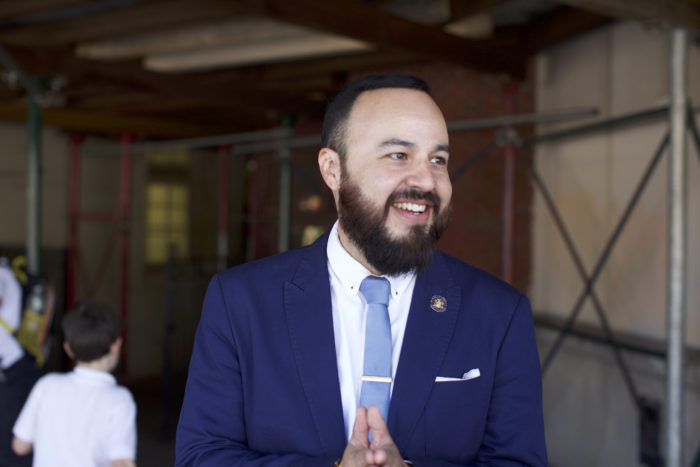
credit: NYC Council
The increase in burial and burial-related funding comes after City Councilman Francisco Moya (East Elmhurst, Elmhurst, Jackson Heights, and Corona) called for an emergency assistance program that would cover burial costs for undocumented – whether the deceased was undocumented or the principle family members were undocumented – New Yorkers on April 3.
According to Moya’s spokesperson, he’s been working with the Mayor’s office and City Council Speaker Corey Johnson to create a fund to fill the holes in the HRA’s program, specifically as it relates to assisting undocumented immigrants and reimbursing cremations.
“No community has been spared by the COVID-19 crisis but for undocumented immigrants, the disease has been particularly cruel,” said Moya about his intentions. “Not only were undocumented New Yorkers denied being among loved ones in their final moments but they were also denied a dignified burial among them as well — whether in their adopted country or their native one. That’s just not acceptable, especially in a city built by immigrants.”
Moya said this was a critical step to addressing the systemic inequalities the health crisis brought to the forefront.
A study on bereavement and sociocultural influences explains that uprooting, migration, and in some cases, forced assimilation, leaves immigrants and impoverished refugees with few economic, linguistic, or familial resources and should be investigated.
Dr. Vicki Daniel, a historian of disaster victim identification in the U.S, wrote that the reality of being indigent in America means funerals and burials are a financial burden, and have been since the boom of the funeral industry after the Civil War. It’s because of the wide gap between the rich and the poor, that couldn’t properly bury their dead, that public burial grounds were created in the 19th century.
New York City’s death toll peaked at 587 confirmed coronavirus deaths in a day, but that curve has since flattened, leaving behind a front-loaded death system.
The Office of Chief Medical Examiner Executive Deputy Commissioner Dina Maniotis said that the pandemic has everyone working tirelessly to care and support families while the remains are at the public long-term mobile morgue now at South Brooklyn Marine Terminal (SBMT).
“For us, for our city, we value all New Yorkers regardless of immigration status,” said Bitta Mostofi, Commissioner of the Mayor’s Office of Immigrant Affairs. “We value your life, your contributions to our city and of course we recognize that so many who are undocumented live at home with families who are here of mixed status or as US citizens or [Lawful permanent residents] LPRs. But an experienced loss of life is an experienced loss of life as a New Yorker. So we want to make sure we are treating everyone right regardless of status.”
However, not everyone agrees that the Mayor acted quickly enough.
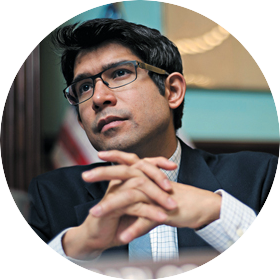
City Councilman Carlos Menchaca (D-Red Hook, Sunset Park, Greenwood Heights and portions of Windsor Terrace, Dyker Heights, Boro Park), chair of the Council’s Immigration Committee, said immigrant New Yorkers are suffering and dying so much in part because they are less likely to have access to healthcare and secure employment, but mostly because half of all essential workers in the city are immigrant New Yorkers.
Menchaca also emphasized that immigrants don’t have access to federal public assistance either.
“Yet while the Mayor is quick to praise essential workers, it takes massive amounts of pressure both inside and outside government to ensure immigrants are being protected,” said Menchaca. “I’m tired of having to fight City Hall for such basic and decent things. It’s exhausting, and frankly, infuriating. The increased funding will help, but I can’t help but think of the families who needed this from day one, and were neglected.”
Menchaca said when immigrants don’t have access to public assistance, having a loved one die adds to that grief the indignity of neglect.


